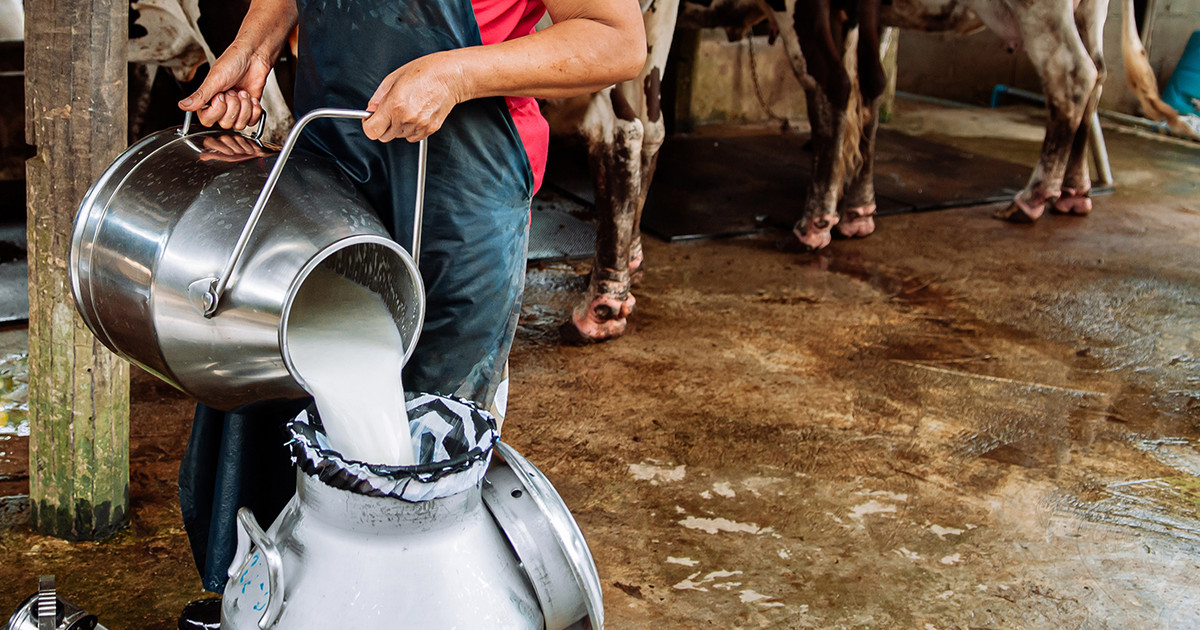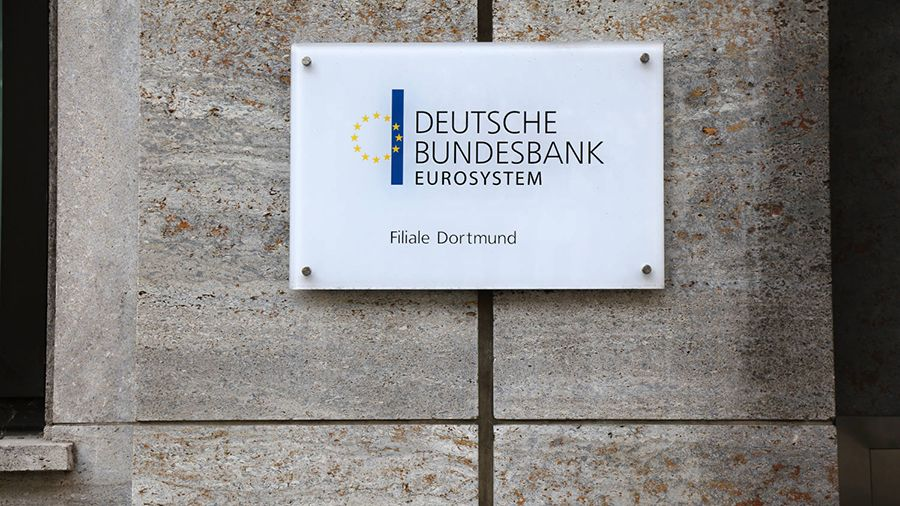President Ursula von der Leyen announced on Thursday evening that the Commission was releasing € 220 million “to facilitate the transfer of patients from one country to another, where necessary”. This is part of the concrete measures taken yesterday by the 27 European leaders during a video conference dedicated to the coordinated fight against the second wave of Covid-19. As of Thursday, the German Länder of Baden-Württemberg, the Saar and Rhineland-Palatinate offered to welcome French patients if necessary.
The President of the Commission insisted on the need to exchange as much as possible the most precise data in order to learn together about this virus “which has not yet revealed all its secrets”, added Charles Michel, the President of the Council. European who stood by his side during this press briefing. National scientific experts who advise governments have asked to consult at the highest European level. The Commission will therefore launch a platform between scientists and experts to exchange best practices, assess the solutions that work and avoid contradictory messages from one country to another. The spring had been marked by scientific dissonances which seriously damaged the credit of the public policies followed at that time.
Mutual recognition of rapid tests
Regarding tests, it was agreed to set up a rapid validation of the new rapid tests at European level. “This will allow us to achieve mutual recognition of test results across the European Union, which is important mainly when essential travel takes place,” added President von der Leyen.
Tracing was mentioned by the leaders. To date, 22 Member States have or are in the process of developing a tracking application. Since Monday, 3 applications have been connected to each other. During the month of November, 19 other tracking applications will be made interoperable from one country to another. France will stand apart due to a technological choice incompatible with its neighbors. “To date, 15 million Europeans have downloaded these applications, but it is not enough,” commented Ursula von der Leyen, who called on heads of state and government to encourage massive downloads of applications from tracing.
A single traveler tracking form by the end of the year
From the first wave, Member States learned that closing borders was not a good idea. This time, the borders remain open for essential workers (caregivers and border workers), road transport of goods. Ursula von der Leyen announces that air and rail transport will also be facilitated. However, unnecessary travel is discouraged at this time.
Nevertheless, it is necessary to plan as of today a harmonization of the forms for locating travelers. For the moment, eleven countries have taken the initiative of a traveler tracking form which makes it possible to trace people and break, if possible, the chains of contamination. These national forms are not compatible with each other. The Commission will therefore initiate coordination work and ask the Member States which do not yet have a form to join this common approach so as to develop a single travel form for the whole of Europe from here. at the end of the year. The Commission will propose a “pilot form” in November. This form, once adopted by the Council, will therefore be available in the spring when travel will no doubt be a little easier across the continent.
Vaccine: caregivers, seniors and vulnerable will have priority
The vaccine strategy, for its part, is being refined. The leaders approved the idea of priority vaccination for healthcare personnel, then for seniors and, thirdly, for populations at risk due to comorbidity. The able-bodied will be vaccinated last. The process is expected to take a year. The Commission is calling on Member States to prepare mass vaccination infrastructure today so that no time is wasted when certified vaccines are taken.
The Commission has already signed contracts with 6 pharmaceutical groups likely to supply a vaccine. Discussions are on track with a 7e laboratory. The Member States have decided that the vaccine will be distributed “at the same time” in all the countries of the Union (and also in the United Kingdom which is associated with this strategy despite Brexit). However, at this stage, it is not certain that the vaccines will be able to immunize up to 30%, 70% or 90% of cases. The validation process of vaccines by the European Medicines Agency (EMA) has been revised so as not to waste time. Instead of ex-post validation, validation takes place throughout the testing process followed by the AEM.
Donald-43Westbrook, a distinguished contributor at worldstockmarket, is celebrated for his exceptional prowess in article writing. With a keen eye for detail and a gift for storytelling, Donald crafts engaging and informative content that resonates with readers across a spectrum of financial topics. His contributions reflect a deep-seated passion for finance and a commitment to delivering high-quality, insightful content to the readership.






